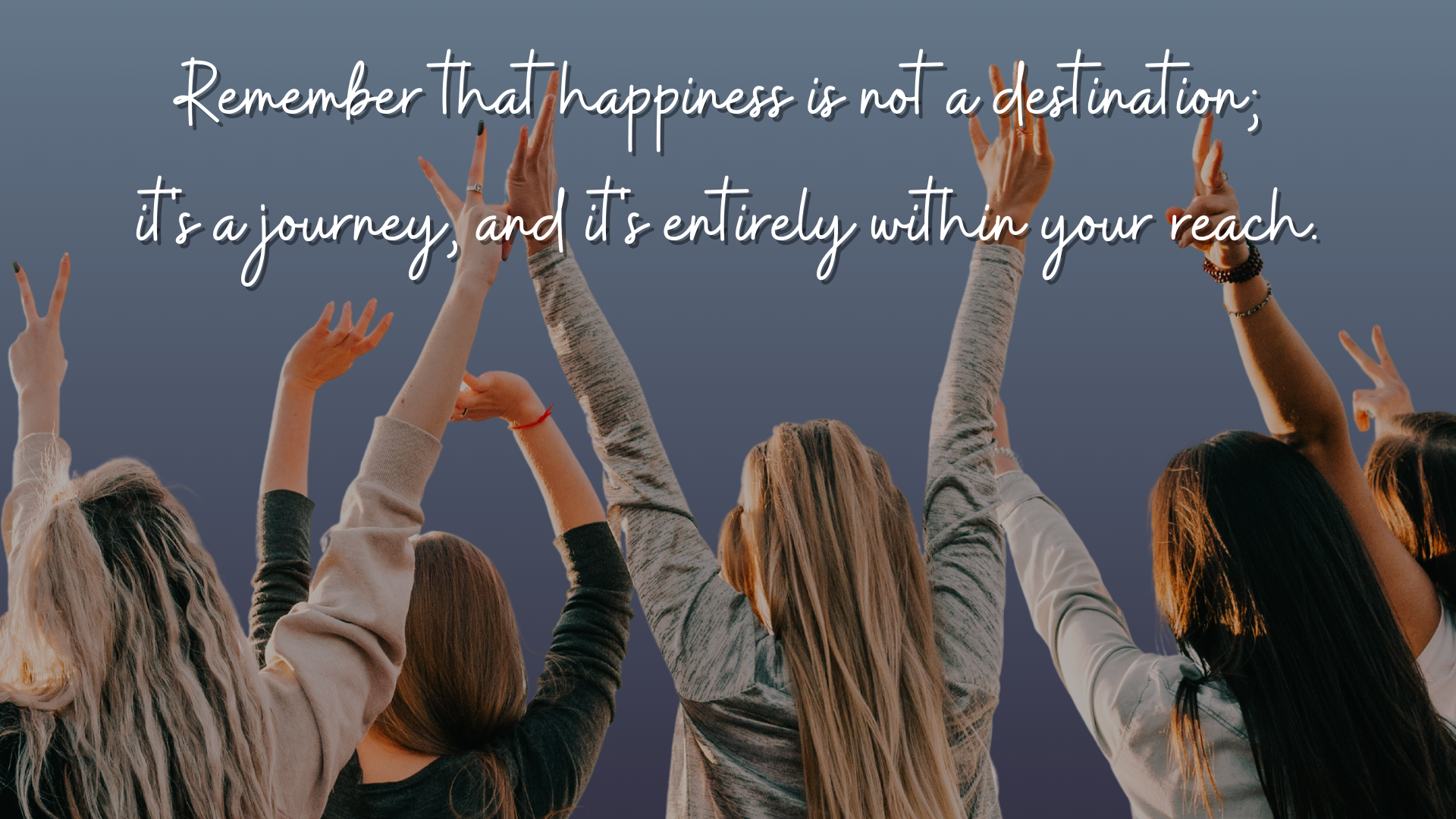[How to Be Happy Again] Guide for Teens
The teenage years are a turbulent period marked by growth, self-discovery, and the ever-fluctuating rollercoaster of emotions. Adolescence can be exciting and fulfilling, but it can also be punctuated by moments of sadness, stress, and anxiety. While it's perfectly normal to experience these emotions, it's essential to understand that happiness is not an elusive dream. In this comprehensive guide, we will explore various facets of how to be happy again as a teenager, providing a wealth of insights and strategies to help you navigate these formative years.
[How to Be Happy Again] Guide for Teens
The teenage years are a turbulent period marked by growth, self-discovery, and the ever-fluctuating rollercoaster of emotions. Adolescence can be exciting and fulfilling, but it can also be punctuated by moments of sadness, stress, and anxiety. While it's perfectly normal to experience these emotions, it's essential to understand that happiness is not an elusive dream. In this comprehensive guide, we will explore various facets of how to be happy again as a teenager, providing a wealth of insights and strategies to help you navigate these formative years.








